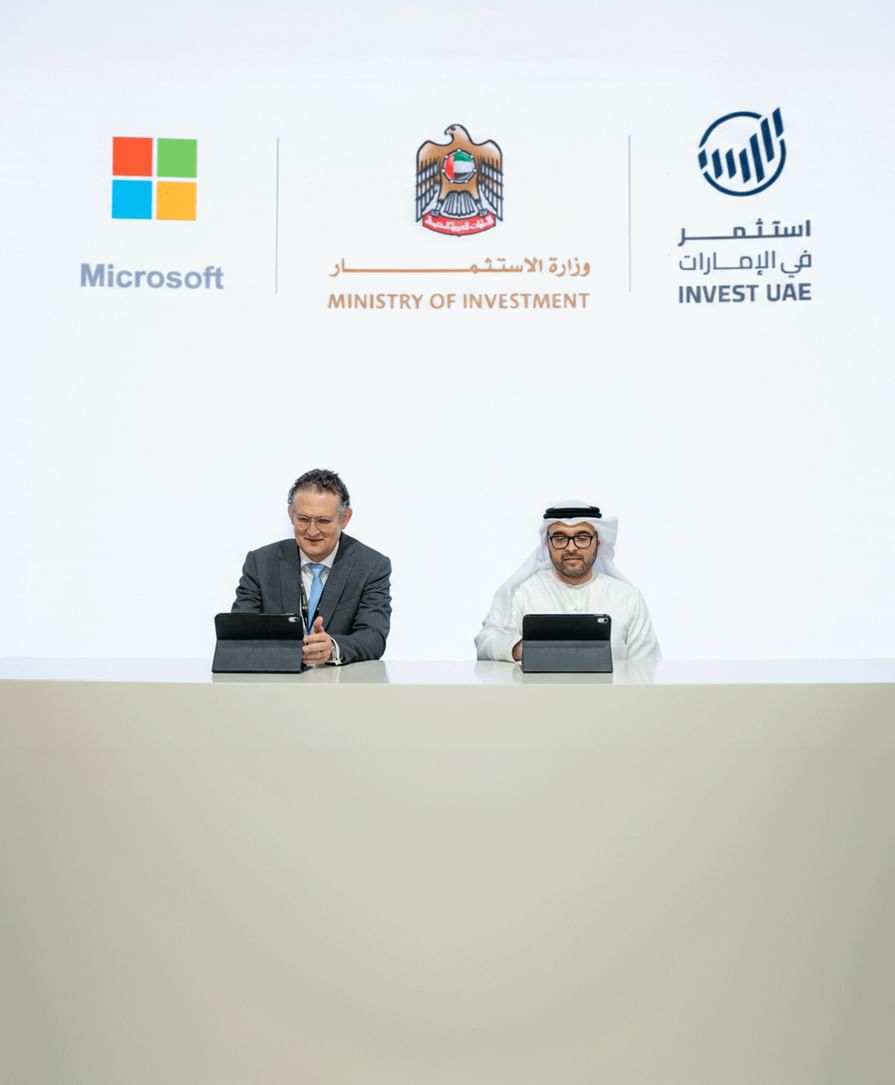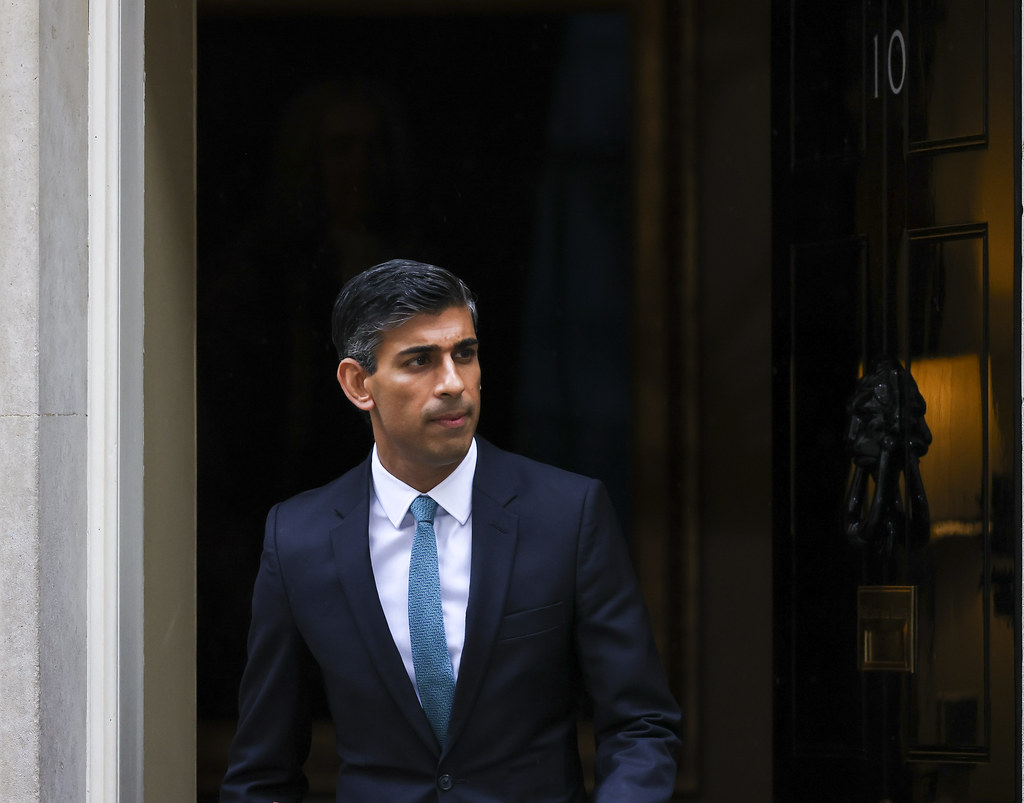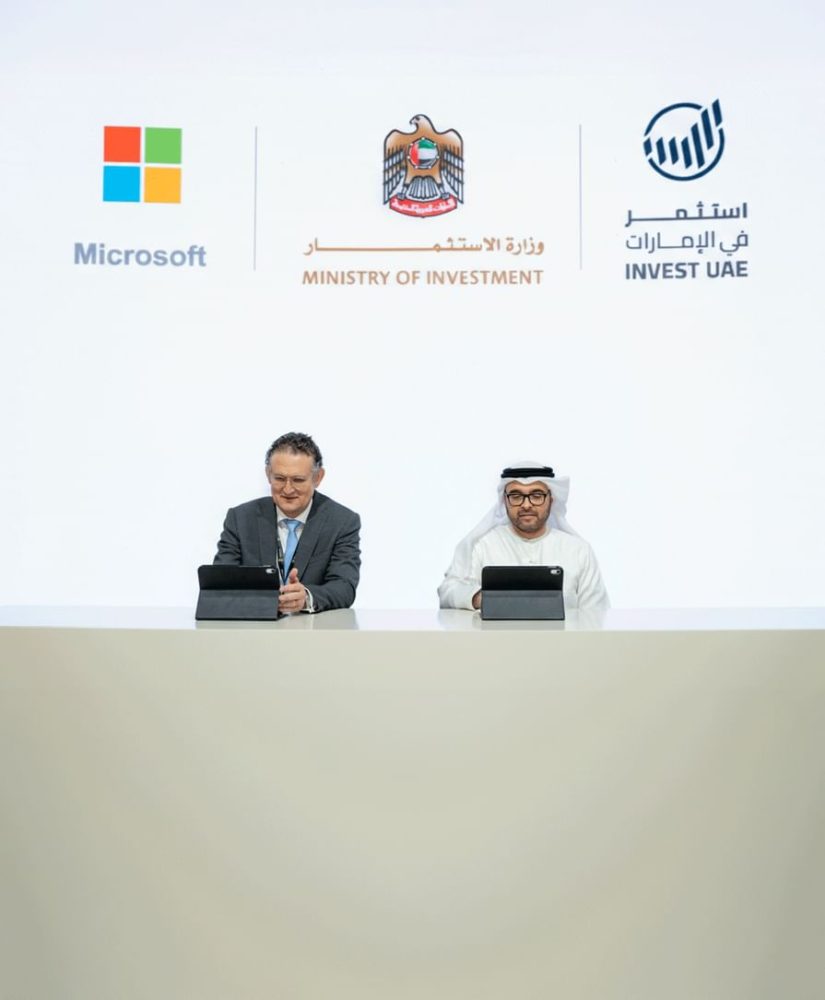Emirates has carried more than 9.3 million passengers on close to 38,000 flights between Cairo and Dubai since the start of its operations, and Egypt’s capital city is one of the major destinations on the airline’s A380 network….reports Asian Lite News
With celebrations underway in Cairo to mark 50 years of long-standing ties and a remarkable partnership between the UAE and Egypt, Emirates is highlighting its contributions to Egyptian tourism and trade flows, helping promote opportunities and foster deeper people to people connections throughout the airline’s 36 years of operations to the country.
Emirates has been operating to Egypt since its early days as an airline. Emirates began flights to and from Cairo in 1986 as its first destination in Africa. Today, Egypt is not only an important regional point, but also a major global market for the airline. Emirates has carried more than 9.3 million passengers on close to 38,000 flights between Cairo and Dubai since the start of its operations, and Egypt’s capital city is one of the major destinations on the airline’s A380 network.
The airline has grown its operations to 25 weekly services between Cairo and Dubai, which includes two daily flights served by its flagship A380 in addition to the Boeing 777, helping to support inbound tourism, one of the main pillars of Egypt’s economy and the lifeblood to many of its communities. The growth in operations and return to pre-pandemic capacity has not only been in response to increasing air-travel demand, but has also actively contributed to the recovery of the tourism industry in Egypt. According to the International Monetary Fund, the tourism industry constituted around 12 percent of the country’s overall GDP pre-pandemic.
Emirates’ growing network has also been helping to open more trade lanes and investment opportunities for the Egyptian business community through enhanced connectivity to Dubai, a major global commerce hub, as well as to and from major commercial centres around the world. Popular destinations on the Emirates network for Egyptian travellers include cities in the Asia, the Americas and Australia such as Bangkok, Hong Kong, Sydney, New Delhi, Mumbai, New York and Washington D.C.
In 2018, Emirates opened a dedicated First and Business Class Lounge at Cairo International Airport, making it the airline’s first lounge in North Africa with an investment of US$ 3.6 million, providing premium customers with a seamless and enjoyable journey on the ground. Onboard, Emirates prides itself for its unparalleled line-up of almost 220 Egyptian films, TV shows, music, podcasts and much more, offered across all classes.
Emirates also has two offices in Cairo, one situated in Mohandessin and the other in Heliopolis to support Egyptian customers with all of their travel needs. Globally, the airline employs more than 1,600 Egyptian nationals in a variety of roles, including 850 cabin crew and 22 pilots.
Throughout the pandemic, Emirates SkyCargo continued to provide connectivity to businesses and facilitated exports from Egypt, contributing to the local economy. Egypt is an important exporter of food and perishable commodities to both the Middle East and Europe, and Emirates SkyCargo, with the support of Cairo airport’s strong cool chain infrastructure, facilitates the transport of thousands of tonnes of food commodities and perishables from Cairo including sweet potatoes, strawberries, guavas and other assorted vegetables. Emirates SkyCargo also plays a vital role in the import of pharmaceuticals and medical equipment into Egypt. The first batch of Covid-19 vaccine doses were transported into Egypt by Emirates SkyCargo in 2021.
Emirates has also given back to local communities through its social contributions to Egypt. In early 2020, Emirates pledged its support to help build The Magdi Yacoub Heart Centre in Cairo, which aims to provide treatment and improve the health conditions for millions of cardiovascular patients in Egypt and the Arab World at no cost. The hospital has the capacity to provide advanced cardiac care for 80,000 patients a year, and will be able to handle over 12,000 surgical and cardiac procedures. Over 70% of those procedures have been earmarked for children with cardiovascular issues.













